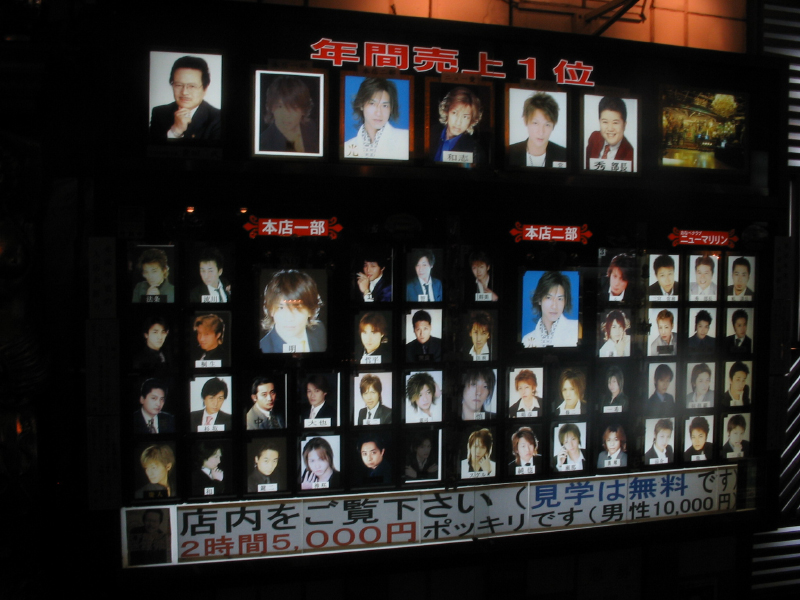This story shows how laws aimed at suppressing the sex industry are met with creative resistance. Businesspeople invent new ways to put workers and clients together without drawing so much police attention. The police know this will happen but are anyway under-funded to make more than a minimum effort. The report provides some historical background that links present-day commercial-sex forms to earlier colonisation of Korea by Japan and the USA. I’ve drawn attention to interesting details in bold. Note the presence of a Minister of Gender Equality and the photo of thousands of sex workers protesting the anti-sex trafficking law.
Joong Ang Daily, Seoul
Commercial sex survives despite crackdown
By Brian Lee, 16 March 2009
“Oppa, wanna have some fun?” A middle-aged woman throws a questioning look at a male passerby who shakes his head and goes about his business. She’s standing at an intersection in Yeongdeungpo, western Seoul, which used to be one of the better known red-light districts in the capital. Most of the storefronts are shuttered during the daytime and come alive at sundown.
But business is slower than usual, partly because of the bad economy but also, according to government officials, due to the success of the Anti-Sex Trafficking Law, which was enacted five years ago amid great fanfare to beef up existing anti-prostitution laws. However, except for cosmetic changes, the lucrative sex trade is still very much around, experts say. The only difference is that since the law was enforced, the sex trade has evolved.
More visible outlets such as the one in Yeongdeungpo have taken the brunt of the law as have the once notorious neighborhoods of northern Seoul’s Cheongnyangni and Mia-ri Texas, which are both scheduled for urban redevelopment. But it is still possible to buy sex in these areas, like Cheongnyangni, for as little as 70,000 won ($47.50).
Business as usual
A tell-tale sign that business was, if not booming, reasonably healthy came earlier this month when the Seoul Metropolitan Police Agency announced it would transfer hundreds of police officers in the southern Seoul districts of Gangnam, Seocho and Suseo. The move has been widely interpreted as an effort to sever ties between the police and entertainment establishments offering sex services. The decision to transfer the officers, all from a range of departments, came after it was discovered that police officers had inappropriate relationships with massage parlors in those areas. The current going rate for massage parlors is 170,000 won in cash and 190,000 with a credit card. As credit card records are easy to trace, customers and owners tend to prefer cash.
Nowadays, adding to the sex-for-cash businesses, hyugae-tel (resting rooms), where customers can call up sex workers and then later join them at another venue, are expanding rapidly, while commercial sex offered online, which is harder to track, is also growing. Still, government officials say the implementation of the law from five years ago has helped significantly reduce the scale of the sex industry. Continue reading









